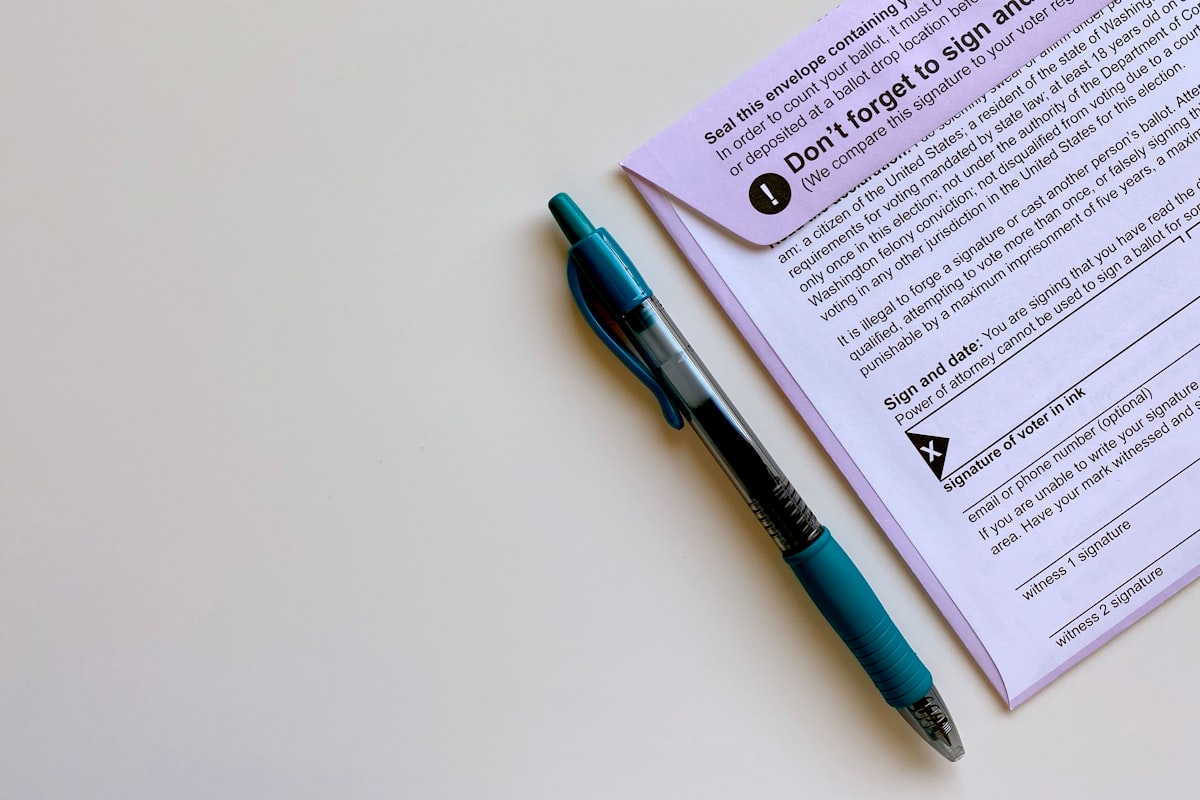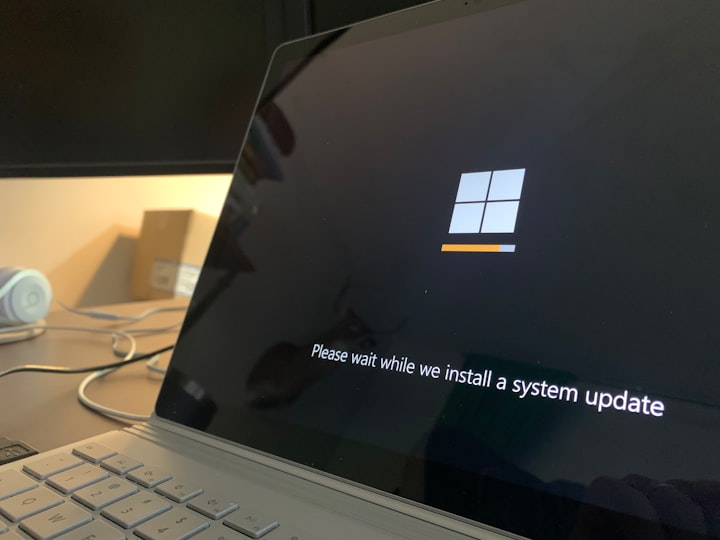Applying as a parliamentary candidate
I explain a bit about why I applied to be a parliamentary candidate for the list of New Social Contract in the upcoming elections on November 22nd, 2023.

For me, the end of the year is a time for reflecting on the past; summer is a time for reflecting on the future. This summer, I have been thinking about how I spend my labor energy in a rapidly changing world. What is meaningful and a good utilization of my skillset?
Part of the action accompanying that reflection is that I applied to be a parliamentary candidate for the list of New Social Contract in the upcoming elections on November 22nd, 2023.
For those unfamiliar with Dutch politics: New Social Contract is a party started by ex-christian-democrat Pieter Omtzigt. Although unclear what the exact party politics will be, the foundational principles lean heavily on reinforcing democratic rule of law and improving social security. The party is founded in the idea that fundamental changes are necessary to restore trust and participation in the democratic rule of law, making government serve citizens, not businesses. Political analysts interpret the overall political philosophy as left leaning on economics and conservative on cultural topics because of the voting history of the founder, but I see an opportunity if the positions are more broadly defined than that.
The foundational principles of the party are interesting, but what is not in there is the bigger question mark to me. There is no climate plan, for example, despite it being an urgent and important topic. I only want to participate in a party that I can bring my values to, instead of the other way around. My application is in that sense also a political act of seeing whether such an approach perspective has a place within this new party.
Berlin, 27th of August, 2023
Subject: Candidacy New Social Contract
Dear national board,
Applying as a candidate for a party without a program means I do not concretely know what I am applying for. The more than 6,000 votes of parliament member Omtzigt are informative, but also partly contradictory. In this letter I share what New Social Contract inspired in me this week, instead of convincing you of my capabilities. This way you can decide whether you see such a perspective has a place in the future of the party candidates.
Personal description
I come from a Limburgian working class family. In elementary school I was bullied, as a result of which I developed a strong sense of justice at an early age. Later, as a first generation student, I was inspired to pursue research early on by a professor who would later confess to be the biggest Dutch scientific fraud. I wondered how and why a fraud could thrive for decades in a system that supposedly seeks truth. That sloppy science thrives at an even larger scale, became clear only afterwards – how and why is this possible too? I asked “why?” with each aspect of the system; my sense of justice powered my work to improve the things that malfunctioned.
As a consequence of these experiences, I have been working on improving (inter)national research and making it more accessible for over ten years. My work in this area has led me to protect whistleblowers, addressed power abuse, and worked on policy in different political arena’s (e.g., universities and the European Parliament). Ex-Euro Commissionar Carlos Moedas recognized my work for instigating change by giving me the “Next Generation Leadership Award.”
New Social Contract
After the process and introduction of the Intelligence and Security Services Act 2017 (Wiv 2017), my personal faith in the Dutch democratic rule of law was damaged to such an extent that it prompted me to move to Germany. The fundamental violations of the Wiv 2017 were sufficient to connect personal direct action, even though this was only the straw that broke the camel’s back. De foundational principles of NSC inspire and motivate me to return to the Netherlands and work for more people’s trust than my own.
New Social Contract can become extraordinary if the foundational principles are broadly defined, such that a new social contract can stand above individual ideologies. Politics is after all not just a reflection of society’s opinions, it actively shapes those opinions. NSC has a responsibility to reciprocally shape the contract. Broad and shaping definitions are for example:
- A traditional, heteronormative family is just as much a family by law as a bi- or homosexual family with more than two parents.
- Social security for the generations that are alive now needs to be systematically balanced with the social security of future generations that are yet to be born.
- International migration is a question of international social security, such that we have to improve international social security if we want to reduce migration.
Shaping the NSC in a broad way is important because any new social contract needs to be not just for specific groups in Dutch society. The easy path is to conclude a contract of the willing, risking further polarization. The difficult path is to inclusively shape the new social contract; one supported by farmers and climate activists, believers and secular folk, young and old folk. In this process, we need to take responsibility that the new social contract has a broad social mandate, which means that it needs to be inclusive and is shaped inclusively.
To realize such an inclusive social contract, I argue we have to politicize political issues to practice and realize productive societal discourse. I support enshrining citizen’s assemblies in law as a legal mechanism that parliament and government can actively use to create spaces for political participation that has real practical consequences. These can supplant expert think tanks. Discourse benefits from more digital sovereignty, for example by creating a Mastodon server for the House of Representatives. This will help counter Big Tech’s “walled gardens” and fight des- and misinformation by providing freely accessible,[1] direct, and reliable sources. I also support more and easily accessible open governmental data, including the reproducibility of models that are introduced in parliamentary proceedings or policy documents. This way we build a common and verifiable basis for political issues. Fundamentally, I am for an accessible higher education and scientific enterprise, with which we can improve our shared understanding of the world and provide everyone with the means to shape and further this understanding.
Parliament member Omtzigt has voted on more than 6,000 motions over the last years[2] --- including for example a vote against raising the minimum wage, despite it’s positive effects for social security. This kind of voting behavior looks inconsistent with the foundations of the party, at first sight. Despite such specific inconsistencies, NSC inspires and motivates me. I am keen to participate in shaping a better country with you, based on the perspectives I outlined in this letter.
I look forward to discuss my candidacy with you.
Warmest regards,
Chris Hartgerink
For example, I struggled to view the announcement video for NSC on X/Twitter, because I no longer have an account ↩︎
Tom Louwerse et al., “Dutch Parliamentary Voting Dataset” (Harvard Dataverse, 2017), https://doi.org/10.7910/DVN/UXIBNO. ↩︎




Comments ()